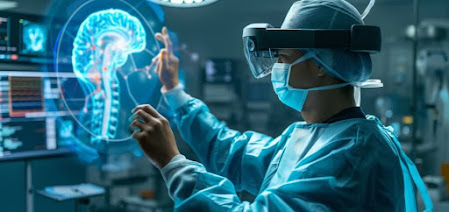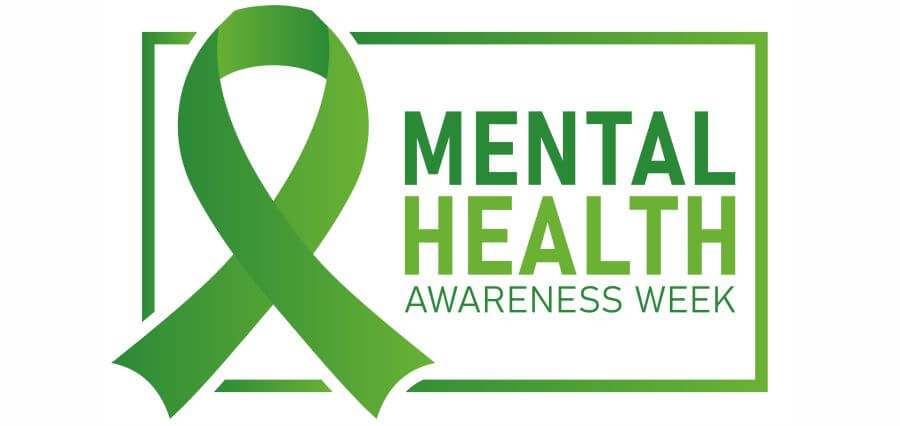Shining a Light on Food Addiction: Esther Helga Gudmundsdottir's Journey from Struggle to Global Advocacy
Though most people's minds automatically go to drugs or alcohol when they hear the word addiction, in food addiction, the process is no less pervasive, painful, and complex as any drug or alcohol abuse disorder. Esther Helga Gudmundsdottir , MSc., knows that well. She herself had struggled in food addiction's darkest corners and was driven by a revolutionary cause—to help others heal, train professionals, and get food addiction recognized as a serious disease worthy of international concern. As director and founder of the MFM Center and INFACT School, Esther has become a trailblazer in the industry, providing hope, education, and sustained recovery to individuals addicted to eating. A Personal Struggle Transformed Into Mission Esther learned about food addiction outside of the classroom but in life. She was raised in Iceland, where she had a healthy, active childhood. But like so many, adolescence was the catalyst. "I was a highly active child and never had a weight proble...



